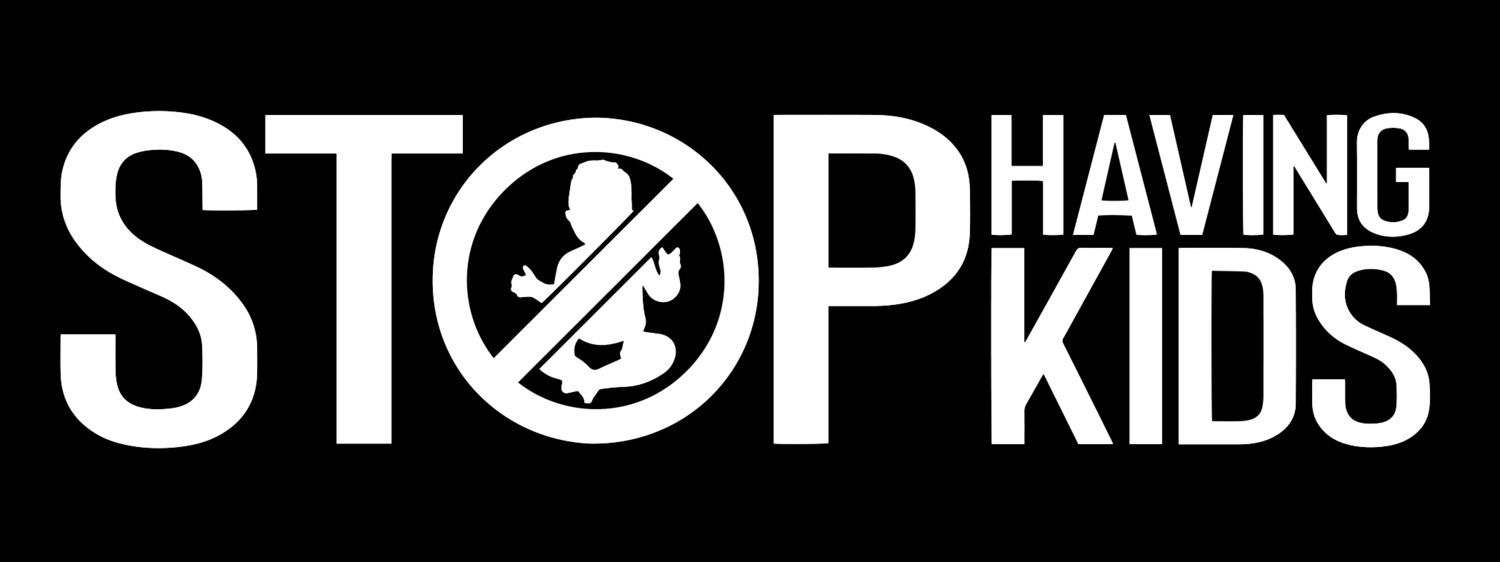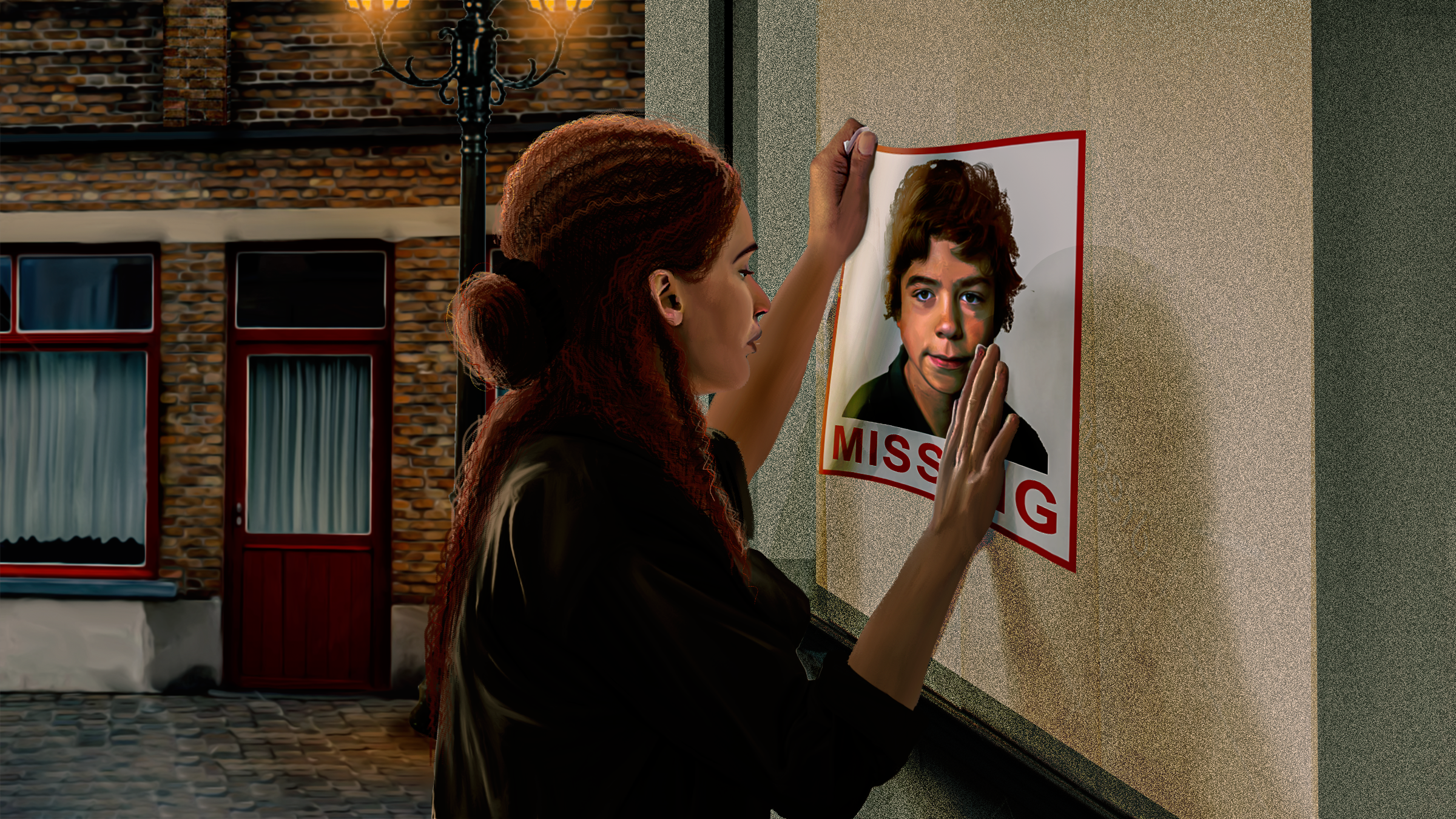Suffering Is Unavoidable
“Each generation tries to forget the traumas it has endured and, in so doing, becomes more likely to inflict trauma on the next generation.”
-Pattrice Jones, author of Aftershock: Confronting Trauma In A Violent World
Suffering can range in severity and type, but suffering affects everyone to some capacity every day of life. Some of the suffering we endure is self-induced (e.g., fear of death, imposing unrealistic expectations on ourselves, poor lifestyle habits or choices, etc.) but much more is out of our control. Common forms of suffering include acute or chronic pain, illness, disease, addiction, existential dread, discrimination, repression, loneliness, craving, oppression, paranoia, exploitation, helplessness, deprivation, social pressure, coercion, disappointment, boredom, hunger, mental stress and illness, depression, anxiety, frustration, self-loathing, guilt, melancholy, grief, impulsivity, neglect, fear, feeling trapped, betrayal, fatigue, aging, financial insecurity, trauma, rage, malnourishment, poverty, scarcity, shame, death—plus a general contempt for life, society, laws, and humanity. Being aware of the troubles and problems endemic to human life, yet having little capacity to make positive change, leads to a miserable mental state for many people.
Humans are not the only harm-causing species, but we have the distinction of causing the most harm and being aware of it. In fact, humans are one of the few species, if not the only species, that could be eradicated to the benefit of all other species and ecosystems on this earth. The fewer humans who exist (irrespective of how they are raised or how conscientiously they live their lives) the fewer problems would exist for all life.
It is in everyone’s best interest to not be forced into existence. We could help lessen suffering in the world by choosing to help already existing life.

